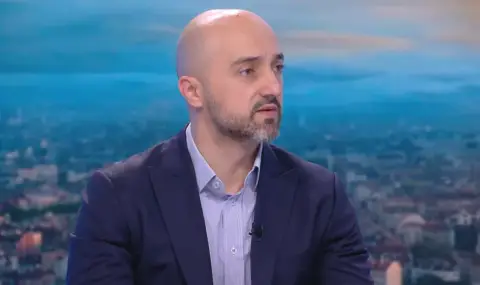„There is still no answer why the power went out, but what do we know - around noon a huge drop in consumption was registered. More than half of the nearly 25 gigawatts dropped in seconds and this caused an automatic and probable disconnection of the Spanish and Portuguese systems from the continental one“.
This was commented on „This Morning“ by Nikola Gazdov, president of the Association for Production, Storage and Trade in Electricity.
„We all saw the effect of this - people without phones, stuck in elevators, unable to move. Panic. Fortunately, this morning about an hour ago there was an update from the Spanish electricity system operator. 100% of the substations are now energized and about 93% of the consumption is back“, Gazdov pointed out.
It is assumed that the problem is technical and was probably caused by a climate anomaly. It is expected that in weeks we will find out exactly what happened – the causes are still being investigated down to the smallest technical detail.
„However, we saw that immediately after the collapse, half of the production and half of the demand were met by renewable sources. That is, the solar and wind power plants in Spain managed to maintain part of the production and therefore there was no complete collapse in the system. Maybe if they had batteries, as many as Bulgaria will have in a year – this collapse would not have happened at all. The batteries would have been a buffer to absorb this collapse in the first minutes and the dispatchers would have reacted very quickly“, explained Nikola Gazdov.
"We can afford to speculate, but I don't know if it's right. It is assumed that we are talking about very sharp temperature amplitudes in a mountainous area", he also commented.
Cybersecurity expert Yasen Takev noted that the digital component is also very important.
„Europe must realize that this is now called cyber-physical security, because we must protect the physical environment, but also the network environment. It is no coincidence that the new directive on minimum requirements for network and information security came into force more than 7 months ago“, he noted.
„Every organization that manages or stores energy must fulfill its commitments in order to be sustainable. Bulgarian regulators should not turn a blind eye,“ Takev pointed out.
According to him, there are no signs of a cyberattack.
